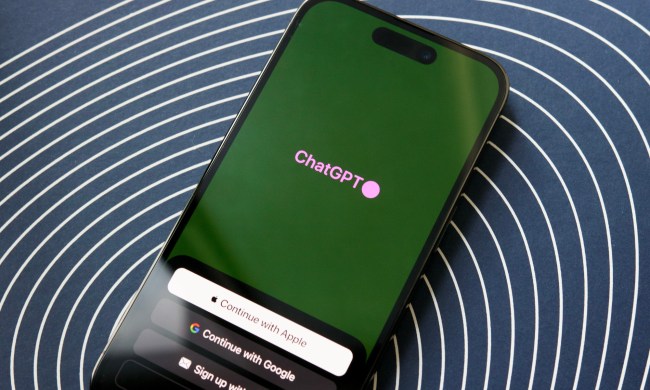Perplexity AI, makers of the popular chatbot by the same name, announced Thursday that it is rolling out a pair of new features that promise to give users more flexibility over the sorts of sources they employ: Internal Knowledge Search and Spaces.
“Today, we’re launching Perplexity for Internal Search: one tool to search over both the web and your team’s files with multi-step reasoning and code execution,” Perplexity AI CEO Aravind Srinivas wrote on X (formerly Twitter). Previously, users were able to upload personal files for the AI to chew through and respond upon, the same way they could with Gemini, ChatGPT, or Copilot. With Internal Search, Perplexity will now dig through both those personal documents and the internet to infer its response.
Today, we're launching Perplexity for Internal Search: one tool to search over both the web and your team's files with multi-step reasoning and code execution. pic.twitter.com/ftZGNgziBW
— Aravind Srinivas (@AravSrinivas) October 17, 2024
“Being able to carry out all your research — across both internal and external sources of data — in one consolidated knowledge platform will unlock tremendous productivity gains for every enterprise,” the company wrote in an announcement blog post. The company notes that early adopters such as financial services firms have used Internal Search to “conduct more robust due diligence by tapping into internal research, call notes, and the latest industry news.”
Spaces, on the other hand, is an “AI-powered research and collaboration hub,” per the company, that enables you to customize and fine-tune Perplexity’s AI assistant to specific project data and requirements. You’ll be able to both choose their preferred LLM model and specify how said model should react to their inputs and instructions.
The company automatically opts its Enterprise Pro customers out from using their private data to further train its AI, though regular Pro users have to manually quit through the settings menu. “We understand the sensitivity of the data our customers work with, and we’re committed to ensuring Perplexity offers the highest levels of safety and privacy, empowering teams to conduct their most critical research without compromise,” the company wrote, noting that it plans to also soon incorporate Crunchbase and FactSet for its Enterprise Pro customers.
The new features are arriving first for Perplexity Pro and Enterprise Pro subscribers. A Pro plan runs $20 per month, which is in line with the prices OpenAI, Google, and Anthropic all charge for their individual tier subscriptions. Enterprise Pro goes for $40 per month, per user.
While Perplexity is a hit among its users, the company is very much not so among the numerous websites that it scrapes its training data from.
In 2024 alone, Perplexity has been accused of “directly ripping off” new articles from CNBC and Forbes (the latter of which is now threatening legal action); it’s been sent a cease and desist order by both The New York Times and Conde Nast; and accused of outright plagiarism by Wired. In the Forbes case, Perplexity’s chatbot reportedly output a near-verbatim version of an exclusive, paywalled report about ex-Google CEO Eric Schmidt’s military drone ambitions that was viewed nearly 30,000 times.



